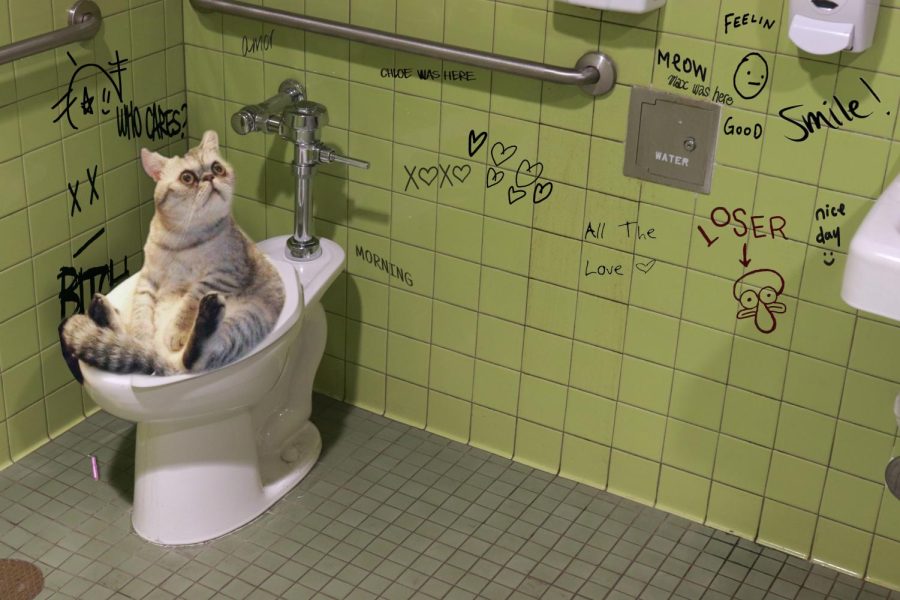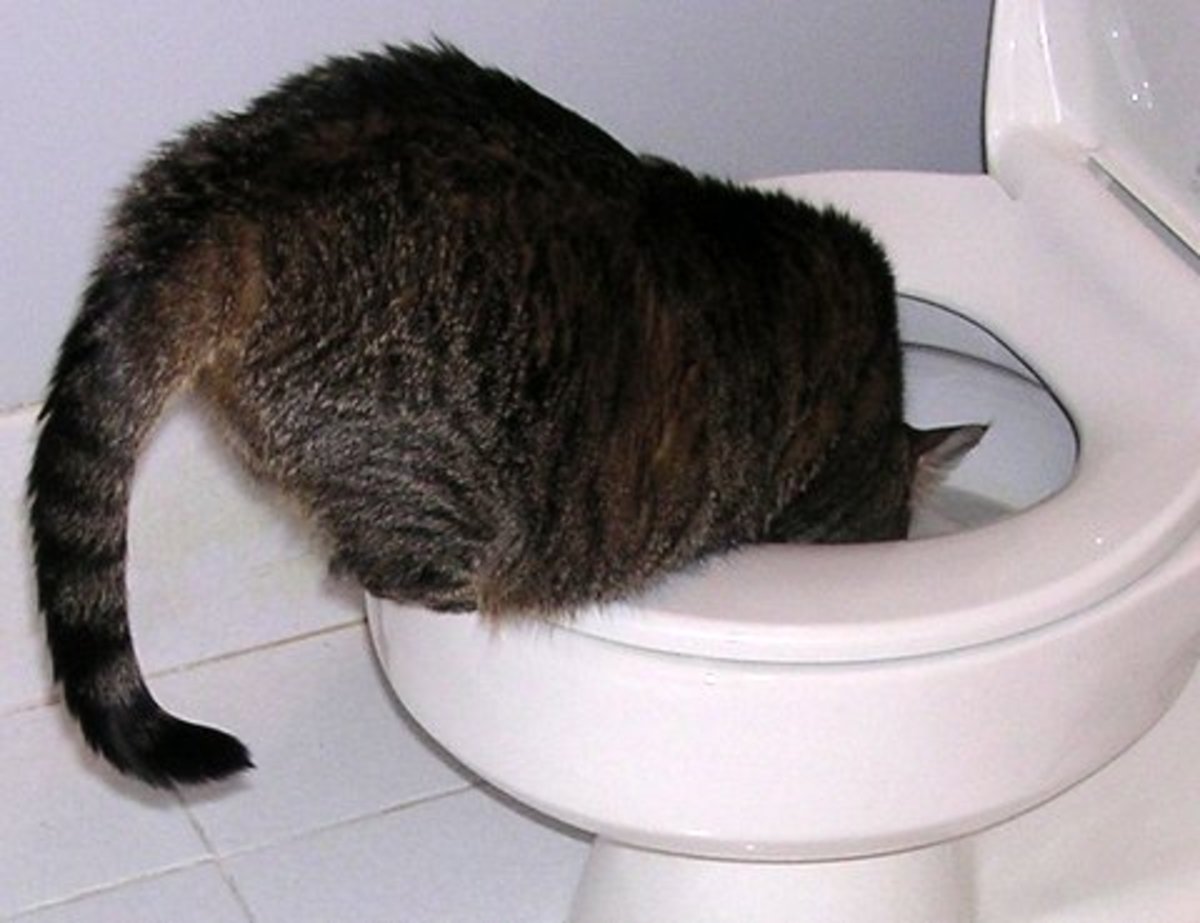Just about everyone is bound to have their own concepts involving How to Dispose of Cat Poop and Litter Without Plastic Bags.

Intro
As pet cat owners, it's important to be mindful of how we deal with our feline good friends' waste. While it may appear practical to flush feline poop down the toilet, this practice can have harmful repercussions for both the environment and human health.
Alternatives to Flushing
Thankfully, there are more secure and much more responsible means to throw away cat poop. Consider the complying with alternatives:
1. Scoop and Dispose in Trash
One of the most common technique of disposing of feline poop is to scoop it right into a biodegradable bag and toss it in the trash. Make sure to utilize a committed litter scoop and dispose of the waste immediately.
2. Use Biodegradable Litter
Opt for biodegradable feline litter made from products such as corn or wheat. These clutters are environmentally friendly and can be safely disposed of in the trash.
3. Hide in the Yard
If you have a backyard, consider burying feline waste in an assigned location far from vegetable yards and water sources. Be sure to dig deep sufficient to stop contamination of groundwater.
4. Mount a Pet Waste Disposal System
Invest in a pet dog garbage disposal system especially created for feline waste. These systems utilize enzymes to break down the waste, minimizing smell and environmental influence.
Wellness Risks
In addition to ecological concerns, purging cat waste can additionally posture health and wellness dangers to humans. Pet cat feces might contain Toxoplasma gondii, a bloodsucker that can create toxoplasmosis-- a potentially extreme health problem, particularly for expectant ladies and individuals with weakened body immune systems.
Environmental Impact
Purging feline poop introduces damaging virus and parasites right into the supply of water, posturing a significant danger to marine environments. These impurities can adversely impact marine life and concession water top quality.
Verdict
Responsible animal ownership prolongs past supplying food and sanctuary-- it additionally includes correct waste management. By refraining from flushing feline poop down the bathroom and selecting alternative disposal approaches, we can decrease our environmental impact and protect human wellness.
Why Can’t I Flush Cat Poop?
It Spreads a Parasite
Cats are frequently infected with a parasite called toxoplasma gondii. The parasite causes an infection called toxoplasmosis. It is usually harmless to cats. The parasite only uses cat poop as a host for its eggs. Otherwise, the cat’s immune system usually keeps the infection at low enough levels to maintain its own health. But it does not stop the develop of eggs. These eggs are tiny and surprisingly tough. They may survive for a year before they begin to grow. But that’s the problem.
Our wastewater system is not designed to deal with toxoplasmosis eggs. Instead, most eggs will flush from your toilet into sewers and wastewater management plants. After the sewage is treated for many other harmful things in it, it is typically released into local rivers, lakes, or oceans. Here, the toxoplasmosis eggs can find new hosts, including starfish, crabs, otters, and many other wildlife. For many, this is a significant risk to their health. Toxoplasmosis can also end up infecting water sources that are important for agriculture, which means our deer, pigs, and sheep can get infected too.
Is There Risk to Humans?
There can be a risk to human life from flushing cat poop down the toilet. If you do so, the parasites from your cat’s poop can end up in shellfish, game animals, or livestock. If this meat is then served raw or undercooked, the people who eat it can get sick.
In fact, according to the CDC, 40 million people in the United States are infected with toxoplasma gondii. They get it from exposure to infected seafood, or from some kind of cat poop contamination, like drinking from a stream that is contaminated or touching anything that has come into contact with cat poop. That includes just cleaning a cat litter box.
Most people who get infected with these parasites will not develop any symptoms. However, for pregnant women or for those with compromised immune systems, the parasite can cause severe health problems.
How to Handle Cat Poop
The best way to handle cat poop is actually to clean the box more often. The eggs that the parasite sheds will not become active until one to five days after the cat poops. That means that if you clean daily, you’re much less likely to come into direct contact with infectious eggs.
That said, always dispose of cat poop in the garbage and not down the toilet. Wash your hands before and after you clean the litter box, and bring the bag of poop right outside to your garbage bins.
https://trenchlesssolutionsusa.com/why-cant-i-flush-cat-poop/

As a serious person who reads on Can You Flush Cat Poo or Litter Down the Toilet?, I imagined sharing that chunk was worthwhile. Sharing is nice. Who knows, you may be helping someone out. Thanks a lot for taking the time to read it.
Check Us Out